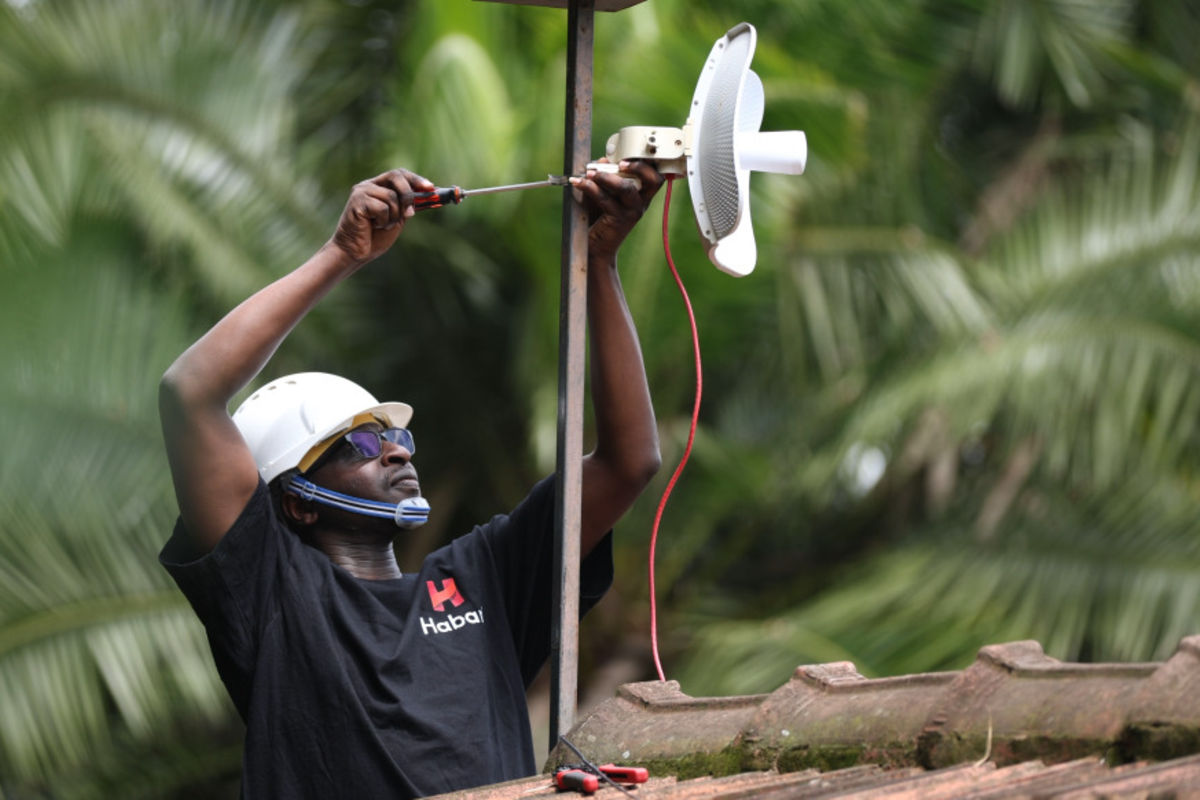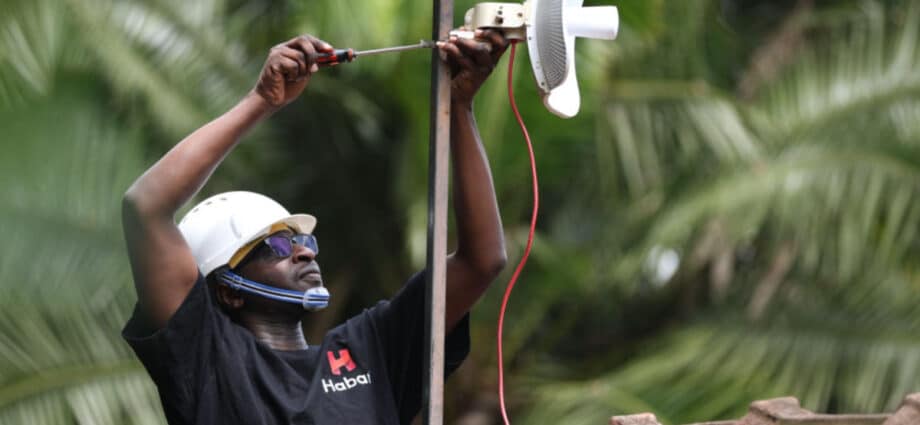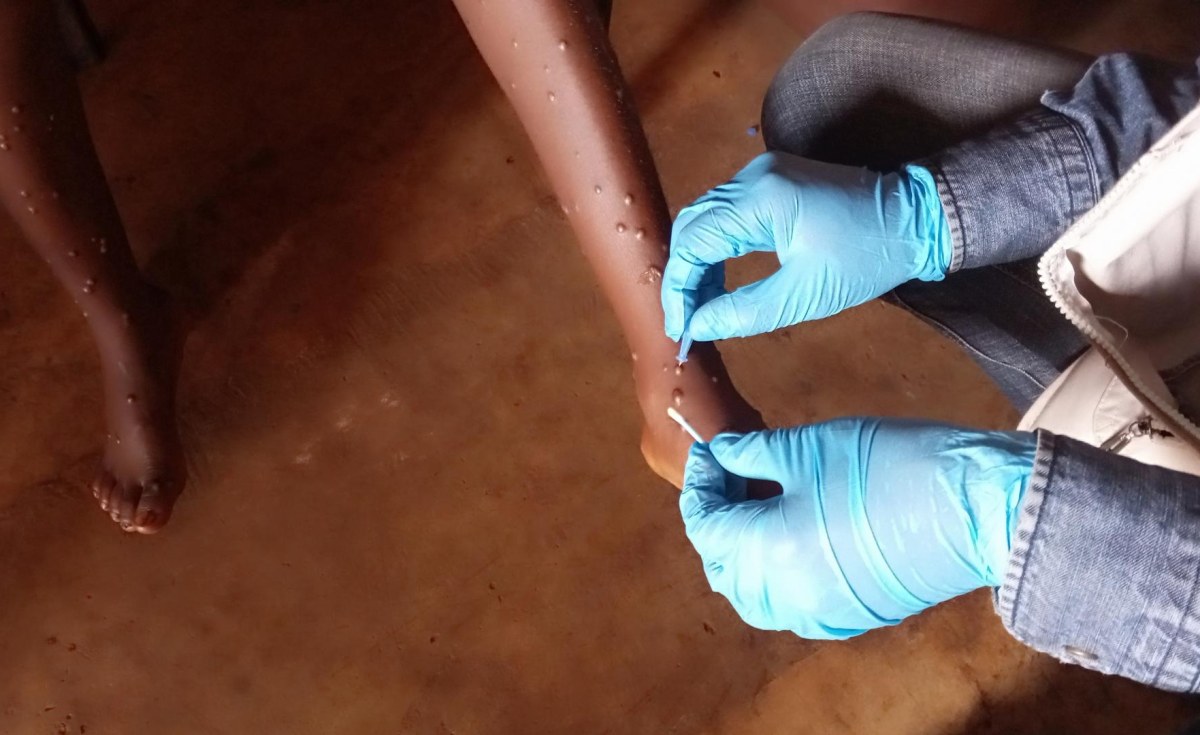
Dar es Salaam. One of East Africa’s leading internet service providers (ISP) focusing on rural and peri-urban areas, Mawingu, has announced its acquisition of Habari, an Arusha-based ISP operating in seven regions of Tanzania.
The acquisition marks a significant milestone in Mawingu’s quest to expand its footprint across East Africa.
The acquisition, supported by Ksh1.9 billion (approximately $15 million) in debt and equity financing, will enable Mawingu to scale its affordable internet services to underserved communities and achieve its target of reaching one million East Africans by 2028.
“Mawingu and Habari share a commitment to enhance digital connectivity in areas that have traditionally been underserved due to high capital costs and logistical challenges,” said Mawingu chief executive officer Farouk Ramji.
“This acquisition brings Habari’s 25 years of experience in delivering internet and ICT solutions to rural households and businesses in Tanzania, significantly accelerating our mission,” he said.
The funding comprises Ksh1.4 billion ($11 million) in long-term senior debt from the Africa Go Green Fund (AGG), managed by Cygnum Capital, and an additional Ksh0.5 billion ($4 million) investment from InfraCo Africa—part of the Private Infrastructure Development Group (PIDG)—and the Dutch Entrepreneurial Development Bank (FMO).
The acquisition will allow Mawingu to replicate its success in Kenya while entering the Tanzanian market.
The company plans to use a ‘buy-and-build’ strategy to acquire and grow ISPs across East Africa, focusing on extending affordable home internet services to areas where only a fraction of households currently have access.
“This is a pivotal moment for the African telecommunications sector,” said Mr Ramji.
“With only 300,000 out of 14 million households in Tanzania connected to the internet, this acquisition—combined with the $15 million financing—will enable us to bring affordable internet connectivity to underserved communities, creating a more inclusive digital economy,” he said.
Mawingu’s success in Kenya, where it has grown from a startup to an established telecom provider, provides a strong foundation for its regional expansion. “We are excited to bring our model to Tanzania and beyond, taking us one step closer to positively impacting one million East Africans by 2028,” mr Ramji added.
Access to the internet is critical for education, employment, and economic growth, yet rural areas in Kenya and Tanzania remain underserved due to high costs and infrastructure challenges.
Mawingu’s approach involves building and operating sustainable networks that address these barriers, ensuring reliable and affordable connectivity in even the most challenging environments.
The managing director of the Africa Go Green Fund, Laurène Aigrain, praised Mawingu’s sustainable approach: “We are thrilled to support an ISP expanding access to remote communities while maintaining sustainability at its core. This investment aligns with our mission to back climate-friendly solutions that drive real change.”
Claire Jarratt, chief Investment officer at InfraCo Africa, highlighted the initiative’s development potential: “Mawingu’s growth demonstrates how innovative businesses can scale in rural markets, attract private sector investment, and contribute to climate change mitigation.”
Marieke Roestenberg, Manager of FMO’s Ventures Programme, also expressed confidence in Mawingu’s strategy: “This acquisition supports Mawingu’s vision of extending affordable internet access across East Africa. We are optimistic that the company’s inclusive model will continue to strengthen connectivity and foster social and economic development across the region.”
With its acquisition of Habari, Mawingu is set to reshape the digital connectivity landscape in Tanzania and the wider East African region, bridging the gap in internet access for millions of people.














